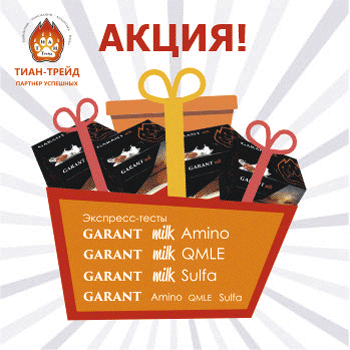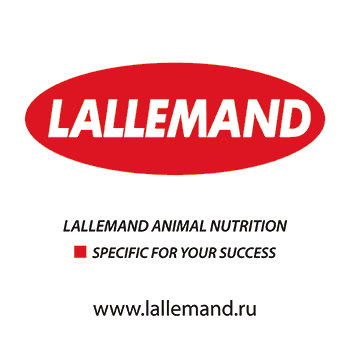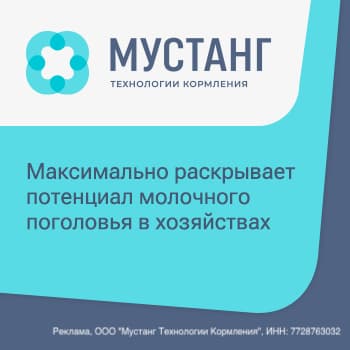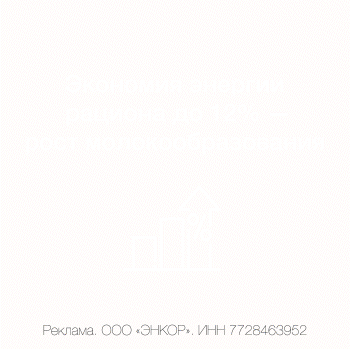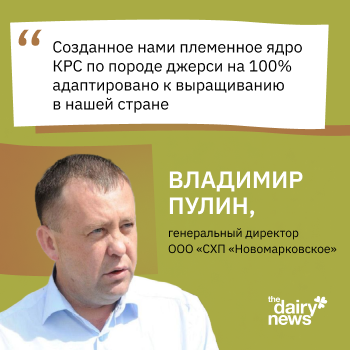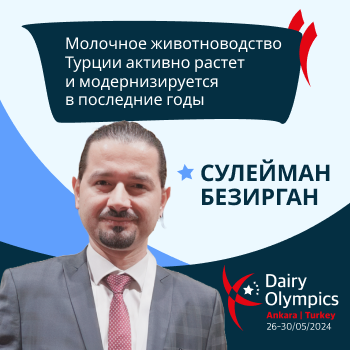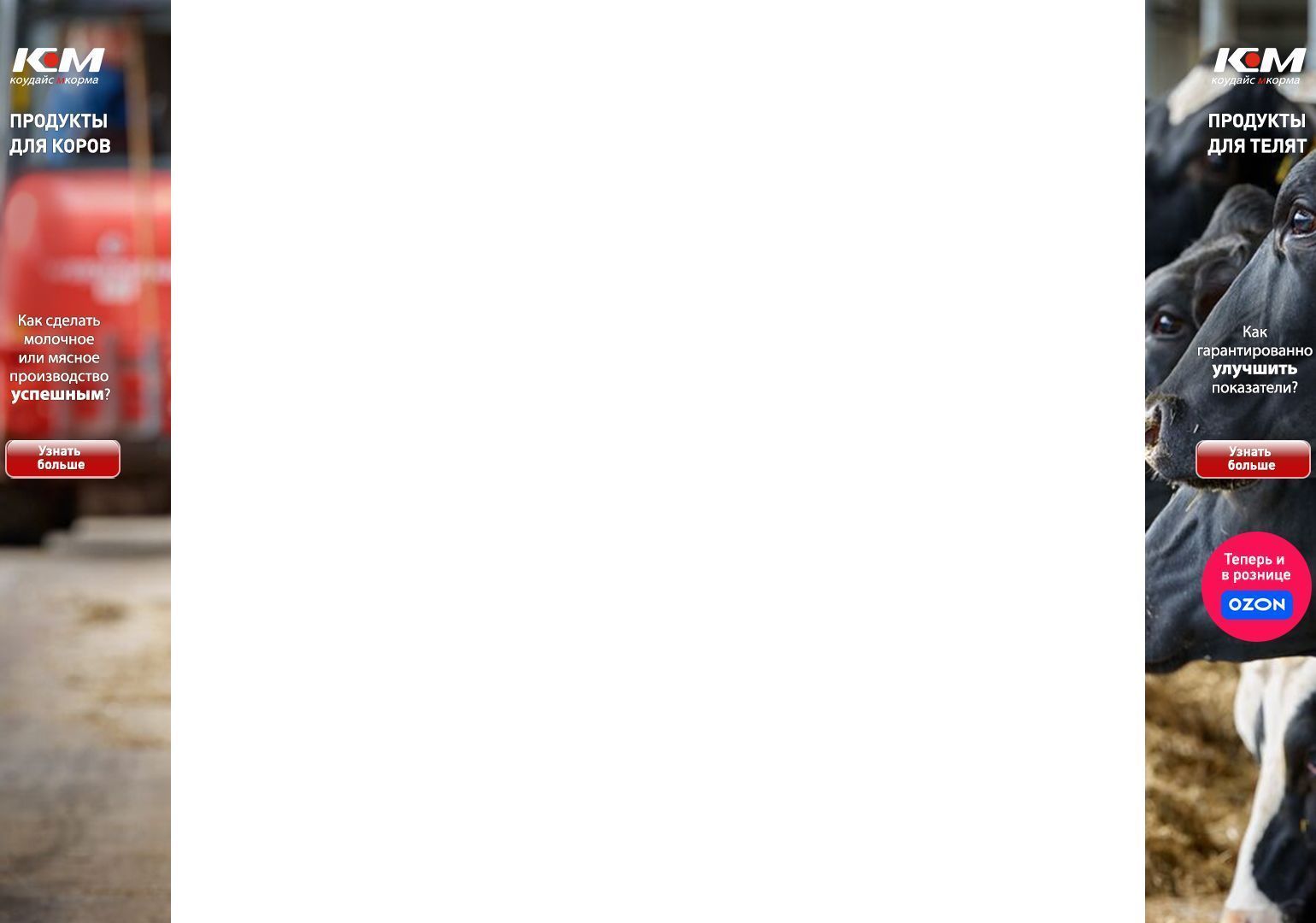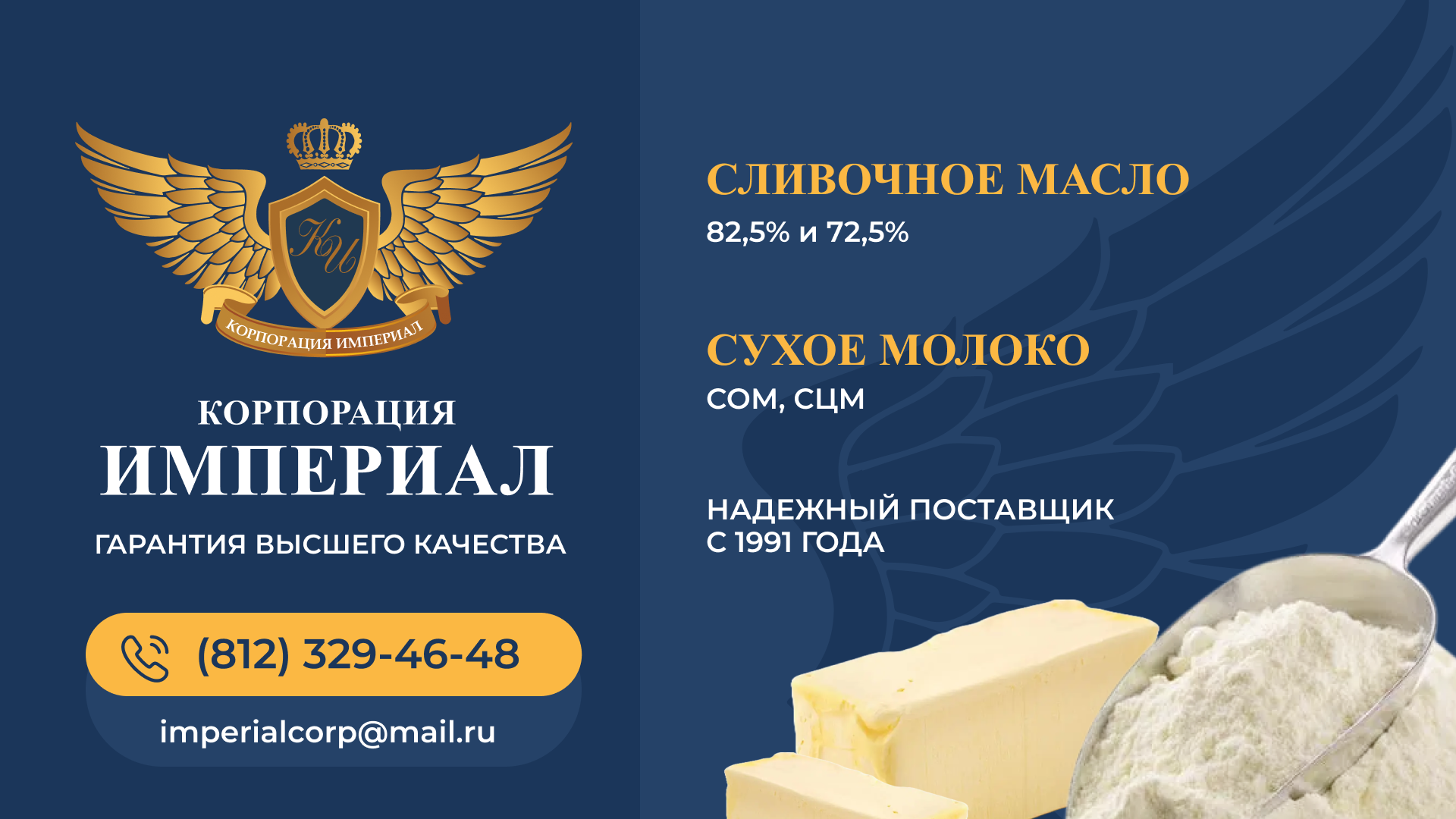The “Mercury” system will automatically detect phantom enterprises
"Now the main algorithms are being worked out. Since mid-July, a phased launch of the module will begin", - said the Deputy Director for Informatization of the Federal center for animal health (Federal State Budgetary Institution “All-Russian research Institute for animal protection”) of the Rosselkhoznadzor Alexander Osminin.
Individual functions will be connected to the automatic module during 2020. At the first stage, a simple analysis of production balances will be launched. The main criterion is a significant discrepancy in the balance of input of raw materials and output of finished products at the enterprise or the balance of input and output of products in the warehouse. The system will compare data on issued transport and production certificates and identify inconsistencies. The monitoring group will see discrepancies in “Mercury”.
"In the second stage, we will train the machine to detect illogical movements of goods. Legal quality products are moved in a certain way. And when there is a counterfeit, you can see failures", said Alexander Osminin.
When studying the data "in manual mode", it is clear that a certain site did not produce anything.
"It is impossible to produce 20 tons of butter and 20 tons of cheese from one liter of milk", told Maxim Tsukanov, Deputy Head of the Department of internal veterinary supervision of the Rosselkhoznadzor, to the Federal scientific center for animal husbandry - VIZh.
Additional documentary and on-site checks are carried out for the noted data inconsistencies. In addition, in 99.9% of cases, violations detected based on the analysis of “Mercury” data are confirmed during physical checks, noted Maxim Tsukanov. Therefore, the system is working accurately even now. The task is to switch these processes to automatic mode.
The connection of enterprises that produce livestock products, with the exception of dairy products, to the “Mercury” system began on July 1, 2018. Since July 1, 2019, it became mandatory for all livestock products, with the exception of certain types of dairy products. The quality and movement of the dairy products caused the most complaints from the inspection bodies. And some participants in the dairy market for a long time strongly resisted the introduction of "Mercury". But in the end, by order of the Ministry of agriculture at the first stage (since July 1, 2019), electronic veterinary certificates began to be issued for condensed and non-condensed milk and cream, with and without sugar, butter and other fats, as well as cheese.
In addition, since November 1, 2019, electronic veterinary certificates have become mandatory for drinking pasteurized, ultra-pasteurized or sterilized milk in consumer packaging, yogurt, kefir, cottage cheese and ice cream. At this stage, the inclusion of dairy products into “Mercury” was completed. Since electronic veterinary certificates must be issued for products of animal origin, some dairy products containing less than half of animal fat are not considered in the “Mercury” system.
The Rosselkhoznadzor previously explained the specifics of issuing electronic veterinary certificates for products containing vegetable fats. For example, based on imitations of cheese varieties, it is worth calculating the composition in each case, since in addition to fat, the product contains proteins and carbohydrates of animal origin. For example, to imitate cheeses that contain a mass fraction of protein and carbohydrates in total more than the mass fraction of fat, even when milk fat is completely replaced with vegetable fat, it is necessary to issue veterinary certificates.
However, to imitate cheeses, in which the ratio the mass fraction of protein and carbohydrates to the mass fraction of fat is less than 0.8, with the complete replacement of milk fat with vegetable fat, electronic veterinary certificates are not necessary. But “Mercury” still tracks the appearance of falsified products on the dairy market by production balances. Butter or cheese must be made from milk, so in any case, the system should reflect a sufficient amount of raw materials to produce the final product, says Maxim Tsukanov.
The system allows you to identify so-called phantom enterprises. They do not produce their own products, but repackage the product of other companies, passing it off as a higher-quality product.
"For example, the warehouse receives a protein-fat product, and then it comes out in the form of cheese or butter, but not margarine or vegetable product, as it should be in fact", – said Tsukanov.
Now specialists working with “Mercury” have a better understanding of the commodity supply chains, he said. This is why, by the way, the number of detected infringing companies has increased. In addition, mandatory certification of all finished dairy products immediately increased the number of enterprises under investigation. Most of the phantoms are found among producers of fatty dairy products, such as butter and cheeses, added Maxim Tsukanov.
Therefore, after the introduction of “Mercury”, the market of dairy products began to be cleared of falsified products, said Lyudmila Manitskaya, Director of the Dairy Union of Russia, in a conversation with the Federal scientific center for animal husbandry - VIZh. Now, thanks to “Mercury”, honest manufacturers do not experience competition from phantom companies. Everyone is forced to work under equal conditions.
"This is what we have been trying to achieve for many years," Manitskaya said.
Companies that produce dairy products note that the integration of systems has good goals. However, in their opinion, there are still technical problems in the implementation of the project related to the labeling of goods.
In addition, many manufacturers believe that a successfully functioning “Mercury” system is enough to whitewash the market, and the introduction of an additional labeling system will only complicate the work of enterprises. For example, the complexity of the implementation of the plan is indicated in LLC "Valio" - the Russian division of the Finnish concern Valio.
"The idea of labeling, of course, pursues good goals, but the complexity of technical implementation, as well as the peculiarity of the dairy industry sector, create uncertainty among market players in the possibility of implementing the project. The dairy product is the result of a large number of companies that produce raw materials, ingredients, and packaging, which requires the involvement of experts from related processes in such tasks. Thus, it is now difficult to make forecasts and even more to draw conclusions", - commented in the press service of LLC "Valio" to the Federal scientific center for animal husbandry - VIZh.
Now the issue is being studied carefully: representatives of the company are included in the working group, which aims to determine the specifics of the methodology for applying mandatory labeling in the dairy industry.
According to the “Mercury” system, in 2019 and the first four months of 2020, 5387 authorized people, that is, employees of enterprises: technologists, veterinary specialists, who received passwords and access to the “Mercury” system by letter from the head and are engaged in registration of veterinary certificates for products, committed violations when issuing veterinary certificates. Violations committed by local veterinarians of the regional veterinary services of Russia (not included in the structure of the Rosselkhoznadzor) were also detected. - Ed.).
With the help of “Mercury”, 1935 phantom enterprises were identified during the same period, shared statistics Maxim Tsukanov. In addition, if in 2019, through “Mercury”, 1,246 such enterprises were identified, and among them, there were 182 dairy plants, then only in the four months of 2020, out of 689 identified, 298 enterprises were engaged in the dairy sector.

